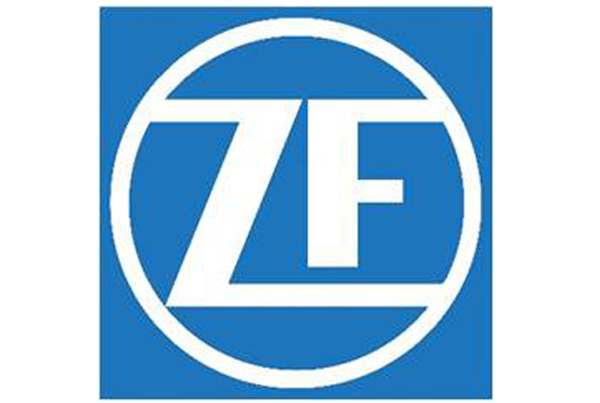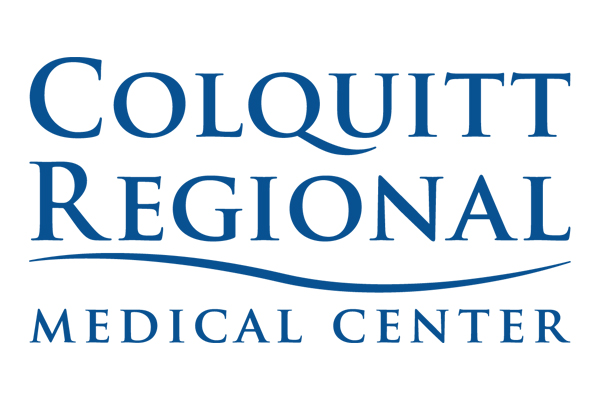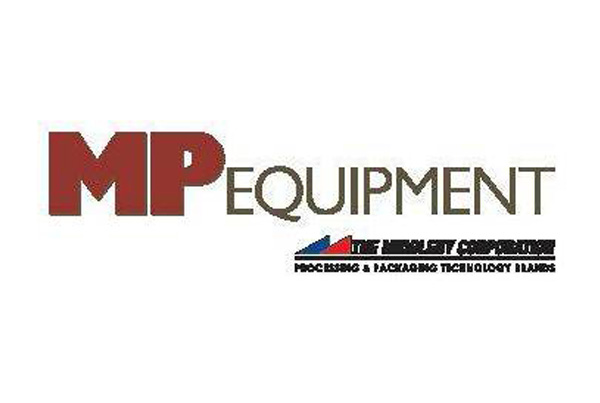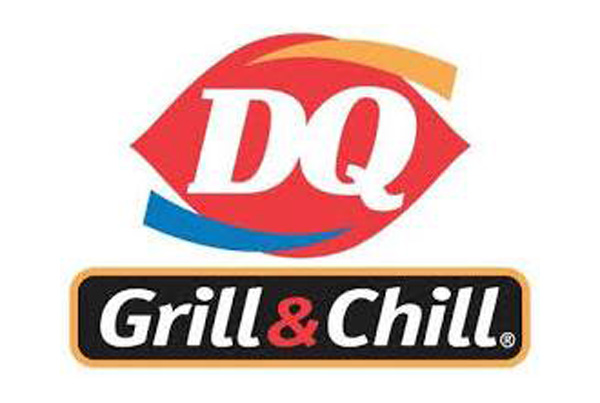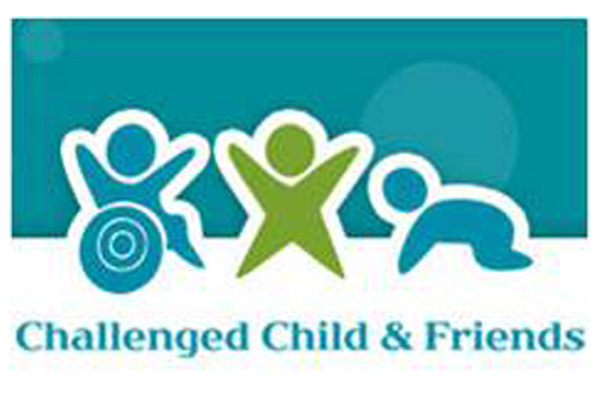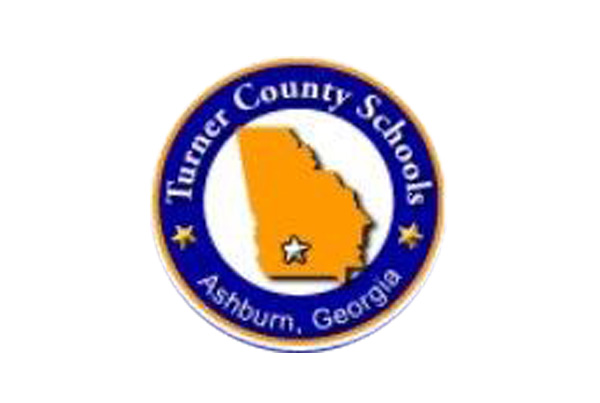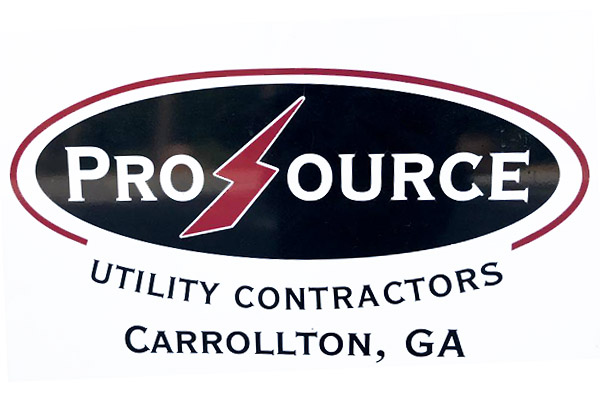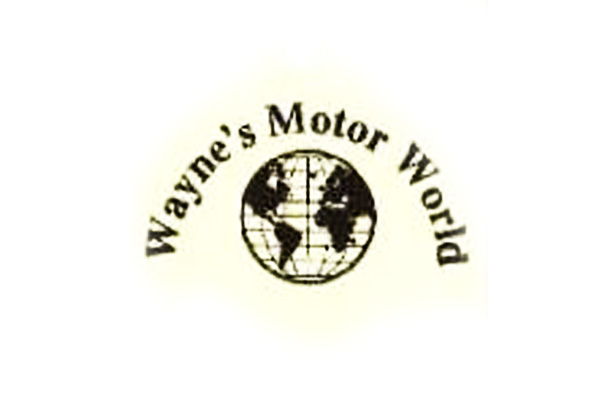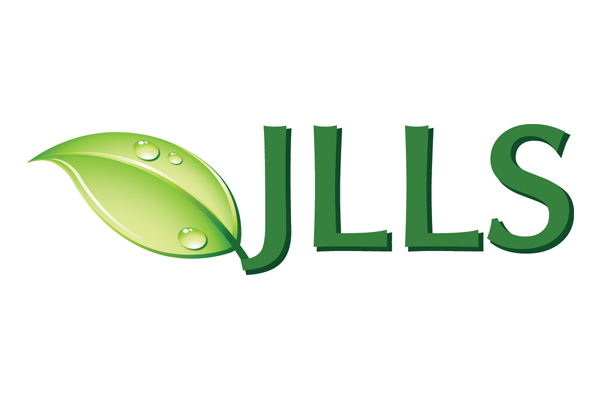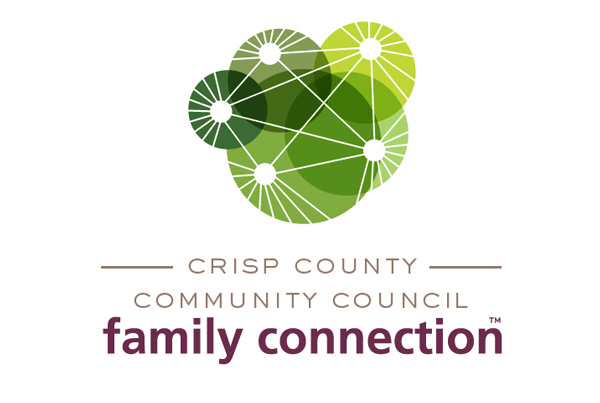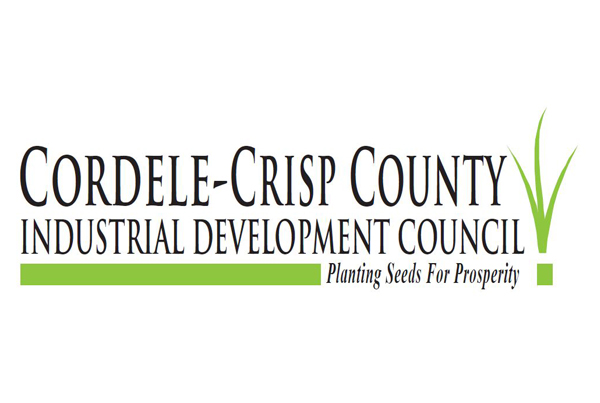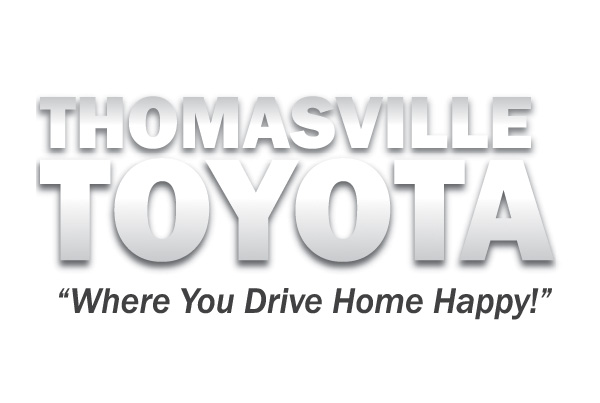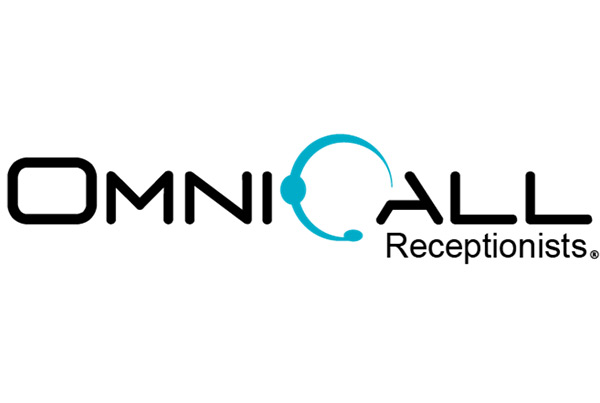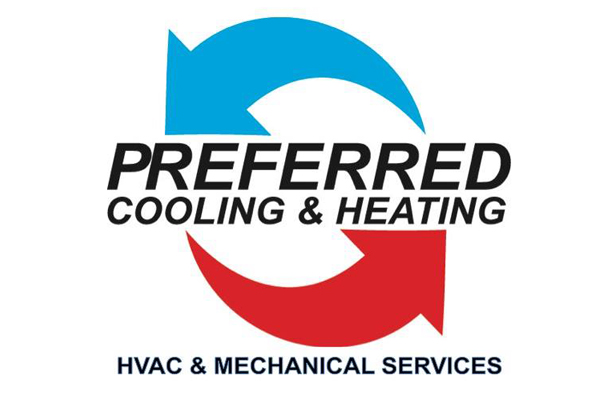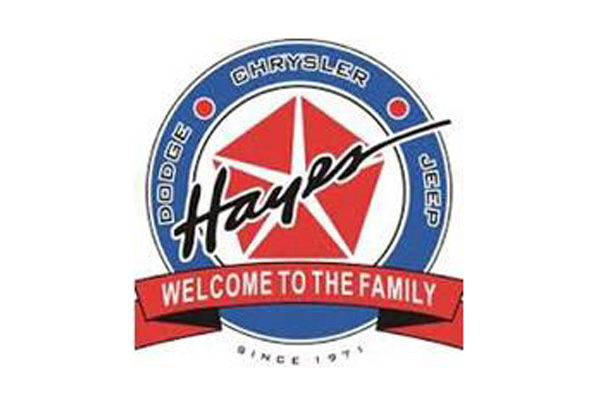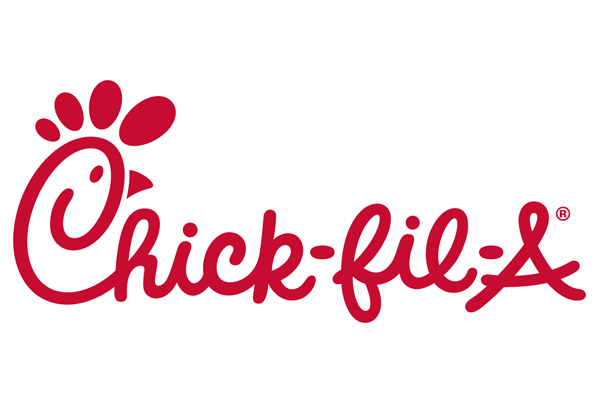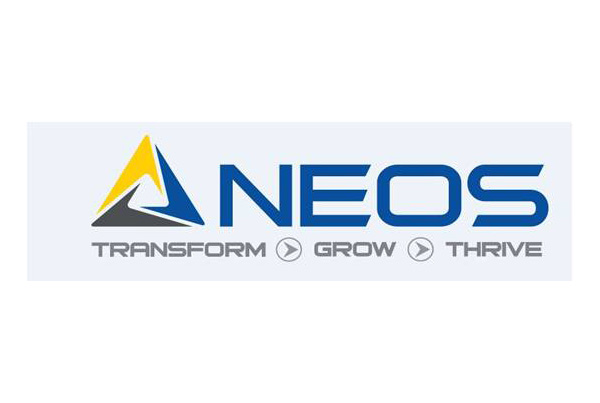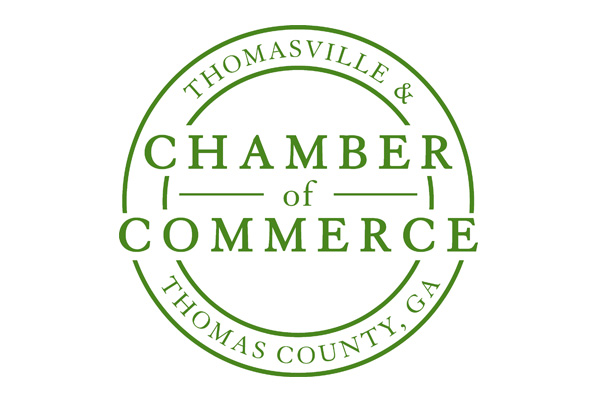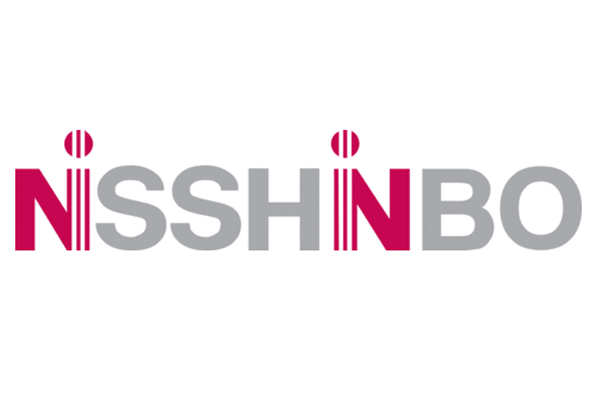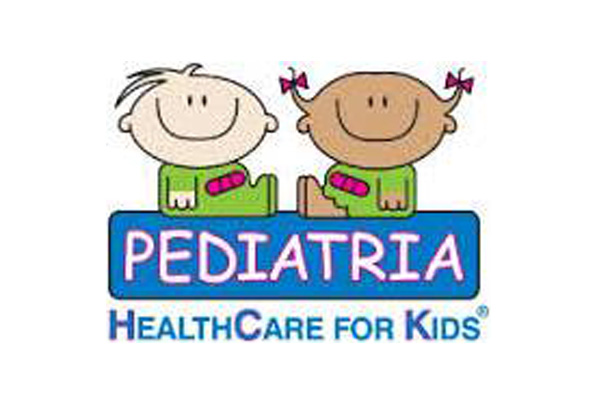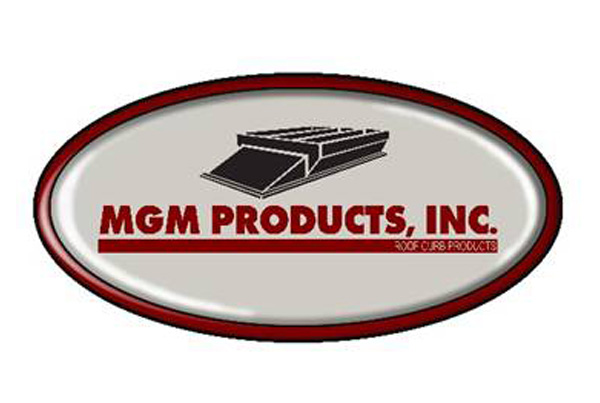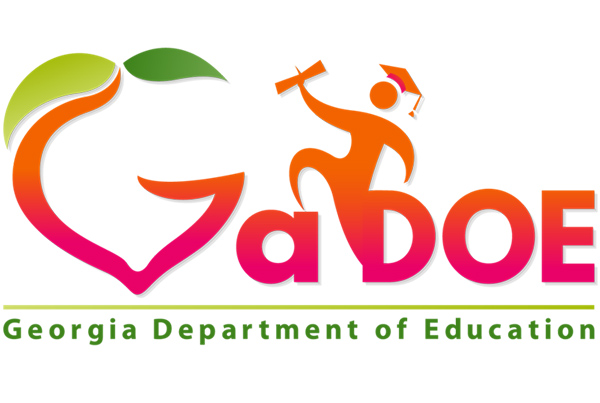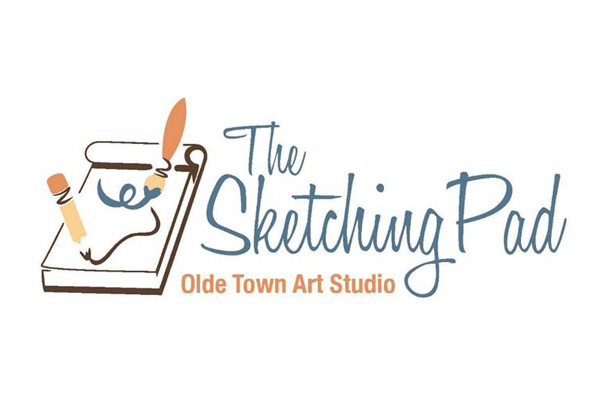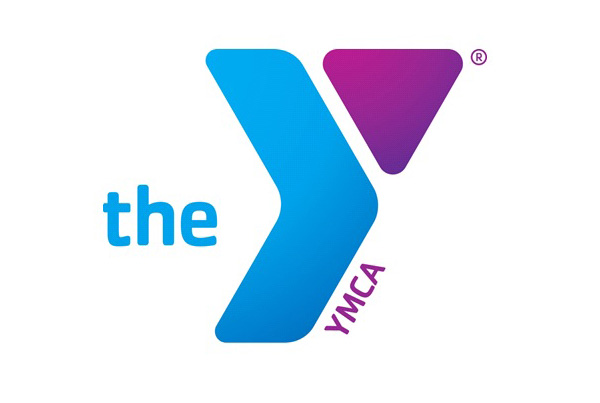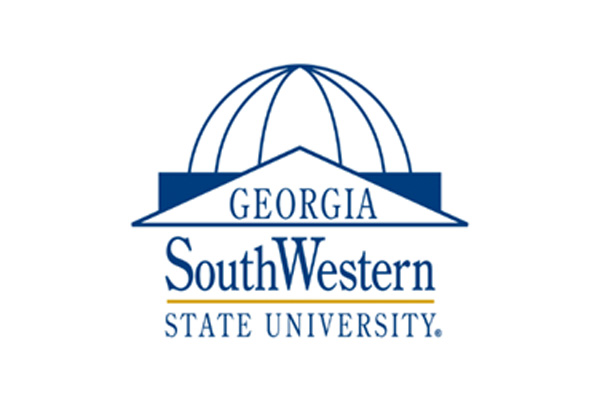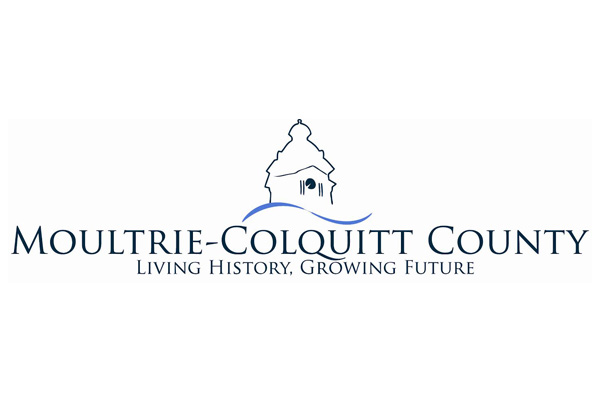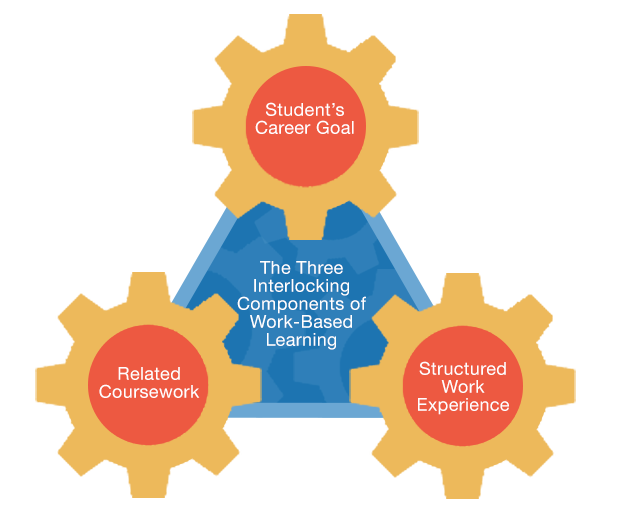Student Success Stories: Troup County THINC Expeditions
Local Employers Tout Student Apprenticeships at Troup County School System High Schools Through THINC Expeditions
The second floor of the media center at LaGrange High School was filled with 60 students interested in apprenticeships with local manufacturing companies throughout the county. LaGrange High junior, Sam Yates, said he was interested in the apprenticeship program that is held through THINC Expeditions but open to all Troup County School System (TCSS) students. “Milliken is one of the companies represented and my dad works there. He has been employed there for 40 years. I am very hands on and I like the technical field. I feel it fits what I want to do when I graduate,” stated Yates.
Milliken was one of seven companies that invited students to tour their work environment and facilities while they provided information about paid Youth Apprenticeship Programs offered at the company. Other businesses represented were:
Duracell
Hyundai Dymos
KIA
Mando
Trackmobile
Wheelabrator
Now in its second year, THINC Expeditions is reaching out to all high school students by visiting all three campuses to host a student information session. For the sessions, each business secures a table and presents available apprenticeship positions with their organization in an open round-robin environment. Some of the career fields students can choose from are Information Technology, Manufacturing Services, Engineering, Production Management, Medical Services, and Customer Service.
While THINC Expeditions was LaGrange High for their first stop, over the next month, all of the business representatives will share information with students at Troup, Callaway, and THINC. The group anticipates meeting between 200-250 students that could potentially qualify for 40 youth apprenticeship positions.
More Student Success Stories


